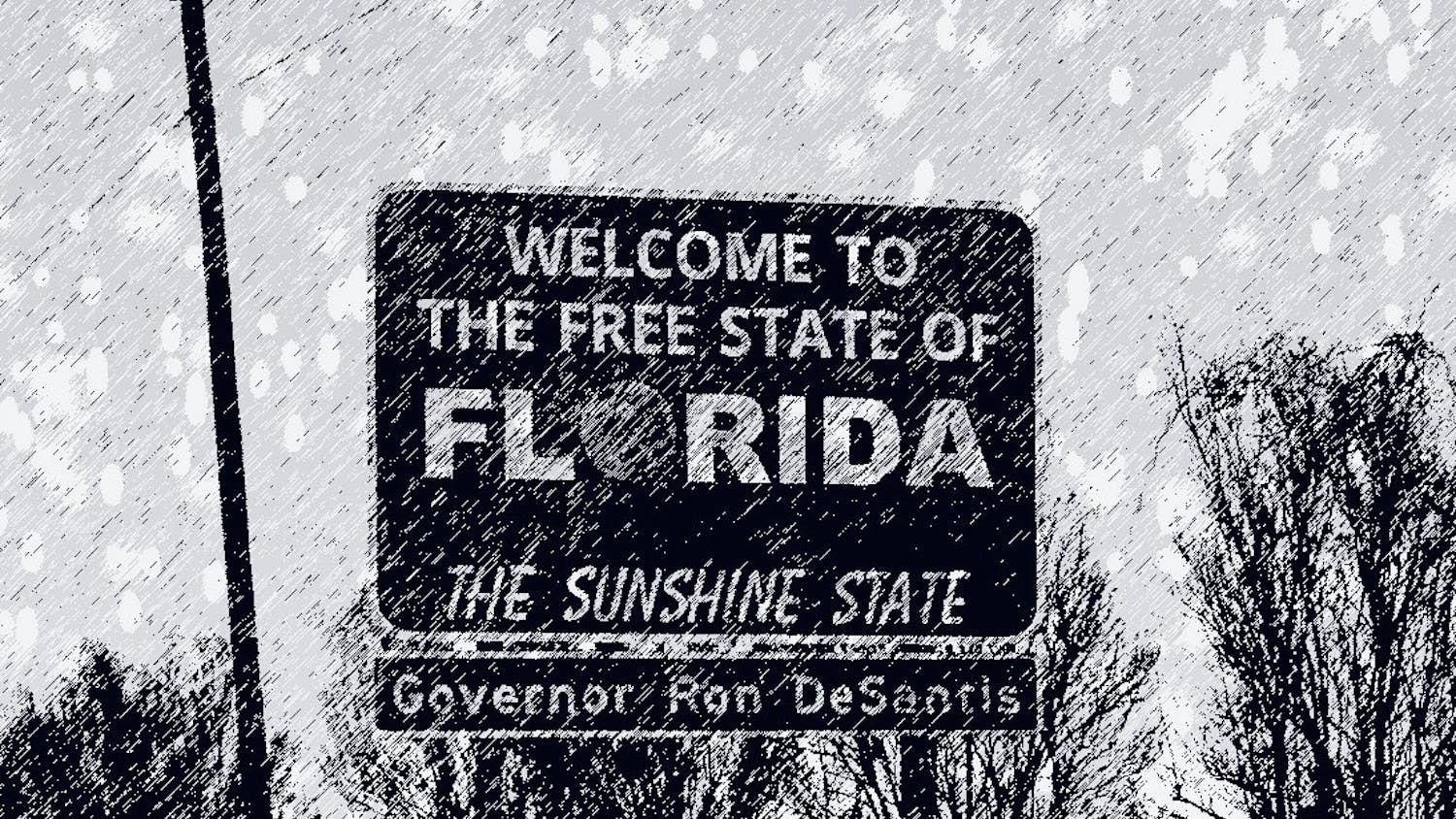Summer 2013 was the “coolest” since 2009, according to the National Climatic Data Center August 2013 Climate Report.
The average temperature in the U.S. from June to August was 72.6 degrees Fahrenheit, making it the mildest summer in the past four years, according to the data.
Florida bucked the national cooldown trend in 2013, surpassing last summer’s average temperature by 0.3 degrees. This year’s 81.2 degrees Fahrenheit was still cooler than summer 2010 and 2011, which hold the record for the hottest Florida summers since 1998.
Jeff Huffman, WRUF-TV Meteorologist, wrote in an email that the summer 2013 temperature in Gainesville was one degree cooler than Gainesville’s average summer temperature over the past 30 years. Huffman said the cooler temperature can be attributed to Gainesville’s above-average rainfall. July 2013 was Gainesville’s rainiest ever.
Florida had a total of 29.95 total inches of rain this summer.
On a national level, the weather is cooler due to a blocking pattern in the north Atlantic, Huffman said. It forces the jet stream, a river of air that steers weather systems, unusually far to the south. Without the jet stream to protect it, cold fronts can surge deep into the U.S. for much of the summer season, Huffman said.
Huffman said the cooler summer is unlikely to foreshadow cooler weather in fall or winter.
“Weather patterns, such as what caused the cooler summer in the Eastern U.S., are always changing,” he said. “It’s often difficult to predict their influences on a large scale or over a longer time period.”
Alize Trinquet, a 20-year-old UF criminology and anthropology junior, said she had no idea it was even cooler outside.
“The summer felt just as hot and miserable as ever,” she said.
A version of this story ran on page 4 on 9/17/2013 under the headline "US has cool summer, but Florida still hot"





